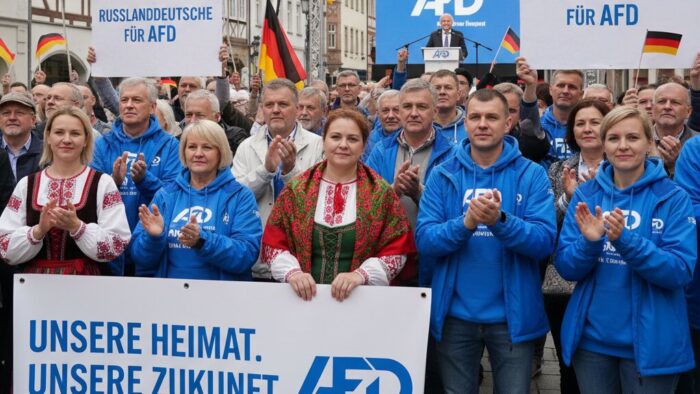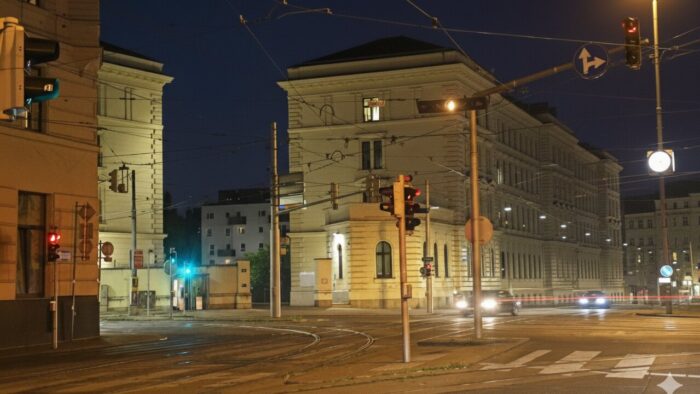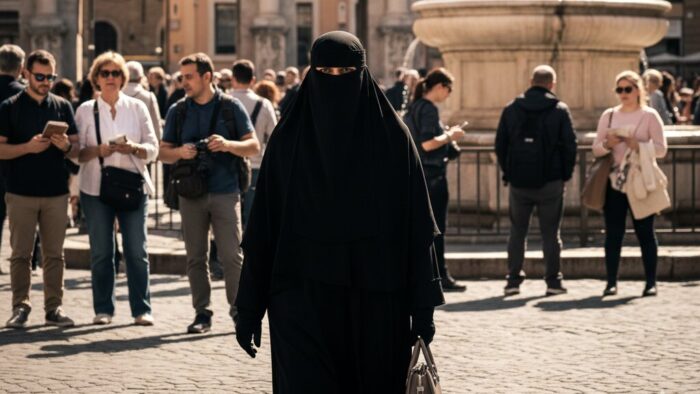On 27 November 2024, The New York Post reported that the Council on American-Islamic Relations (CAIR) will have to disclose its funding sources after a defamation suit against a former employee went awry. The article begins:
The Council on American-Islamic Relations (CAIR) will be forced to open its books and reveal its sources of funding after a defamation suit it filed against a former employee completely backfired. US Magistrate Judge David Schultz ruled Monday that CAIR’s donors, funding sources — potentially including foreign ones — and any assets owned by the group are all within the “scope of permissible discovery” as part of former chapter leader Lori Saroya’s lawsuit against the controversial Muslim rights group. Saroya filed a federal defamation complaint against CAIR in January after the group dropped its own lawsuit against the former employee, which accused her of embarking on a “defamation campaign” against the organization…
Key Points:
- CAIR must reveal its funding sources after a lawsuit it filed backfired, potentially exposing foreign donors.
- Former CAIR employee Lori Saroya’s defamation countersuit led to this ruling, implying CAIR may have accepted foreign funding.
- The judge ruled that CAIR’s financial information is within the scope of permissible discovery for Saroya’s lawsuit.
- CAIR had previously dropped its lawsuit against Saroya to avoid disclosing donor information.










